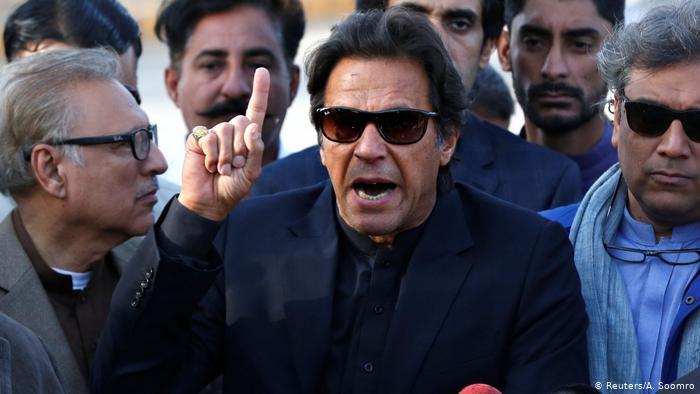
Prime Minister Imran Khan’s Naya Pakistan was promised as a panacea to all of Pakistan’s troubles: political, economic, social, and foreign policy. Instead it has turned out to be the worst three years in Pakistan’s 74 years, with galloping inflation, rising religious extremism and continuous attacks to the democratic system.
In a recent statement the Human Rights Commission of Pakistan (HRCP) noted that “the deteriorating state of human rights in the country has reached a tipping point. In a situation where people are caught between spiralling food inflation and the insidious rise of religious extremism, continued attempts by the establishment and the ruling government to marginalise Parliament represent an existential threat to the country’s democracy. Constant attempts at political engineering and the exploitation of ethnic divisions could set back Pakistan’s fragile democracy by decades.”
HRCP called the government’s decision “to negotiate with the Tehreek-e-Taliban Pakistan (TTP)” as “unconscionable. This capitulation to a far-right militant group that is responsible for an estimated 80,000 Pakistani deaths is a grim portent for progressive, secular voices.” In addition HRCP noted “the government’s failure to impose the writ of the state even after at least seven police officers were killed during the recent violence perpetrated by supporters of the Tehreek-e-Labbaik Pakistan (TLP). The government’s negotiations with the TLP will embolden other proscribed organisations that have no compunction in seizing the little civic space left to ordinary people.”
HRCP reiterated “the need to implement the 2014 Tassadaq Jillani Supreme Court judgment, establish an independent statutory national commission on minorities, enact legislation against forced conversions, and revisit the recommendations of the Senate’s 2018 report on the blasphemy laws.”
![]()





